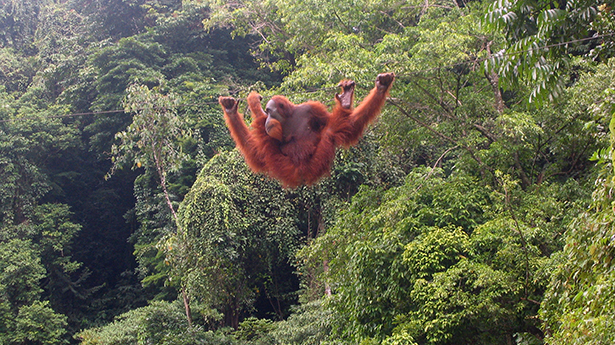Each year Global Greengrants Fund makes over 700 grants to environmental activists around the world, helping to support grassroots initiatives to protect the planet and the rights of the people who call these natural places home. We wish we could share every single story. Below are a few grants made recently that we’d like to highlight.
Ecuador: Preventing Water Pollution
Located in the Cotacachi Cayapas Ecological Reserve, the Junín community is home to people, over 500 species of birds, and 2,000 types of plants. But this delicate ecological balance is threatened by Chilean and Ecuadorian mining companies, which are slowly taking over rivers and land to develop large-scale mines. With a $5,000 grant, the Grupo de Monitoreo Junín is helping to prevent water pollution, the displacement of people from their homes, and the disruption of this ecosystem. By testing the local water, reporting to other organizations and regulatory entities as needed, and building a strong local movement, the group is challenging the threats facing the community.
Indonesia: Promoting Sustainable Farming and Forest Conservation
The Leuser Ecosystem is the only place in the world where critically endangered Sumatran orangutans, tigers, elephants, and rhinoceros are found together. Four million people depend on the ecosystem for valuable ecological resources. However, the area is severely threatened by farming and oil palm monoculture. With a grant made through our Donor Advised Fund, The Orangutan Information Centre, an organization dedicated to the conservation of critically endangered Sumatran orangutans and their rainforest homes, will expand a project to restore 50 hectares of natural habitat. The group also supports the development of sustainable farming initiatives while raising awareness about the importance of forest conservation.
South Africa: Standing Up to Fracking
The Duzi-uMngeni Conservation Trust is using a $5,000 grant to develop a publicity campaign against fracking for shale gas in the Eastern Cape and KwaZulu Natal provinces. These two regions, home to vital wetlands, forests, and grasslands, which millions of South Africans rely on for water and their livelihoods, are where Rhino Oil and Gas have proposed the area’s first shale gas fracking exploration. Fracking threatens ground and surface water, leading to contamination of drinking water, rivers, and wetlands. The recent drought in South Africa means that even more people in the country rely on this particular watershed for their livelihoods and drinking water, making it even more important to prevent fracking in the area.
We believe that solutions for lasting change come from people who face challenges to their environments and rights every day. So we support community-based projects that make our world safer, healthier, and more just. To read more about grants we’ve awarded and the groups and individuals who have received them, click here.

